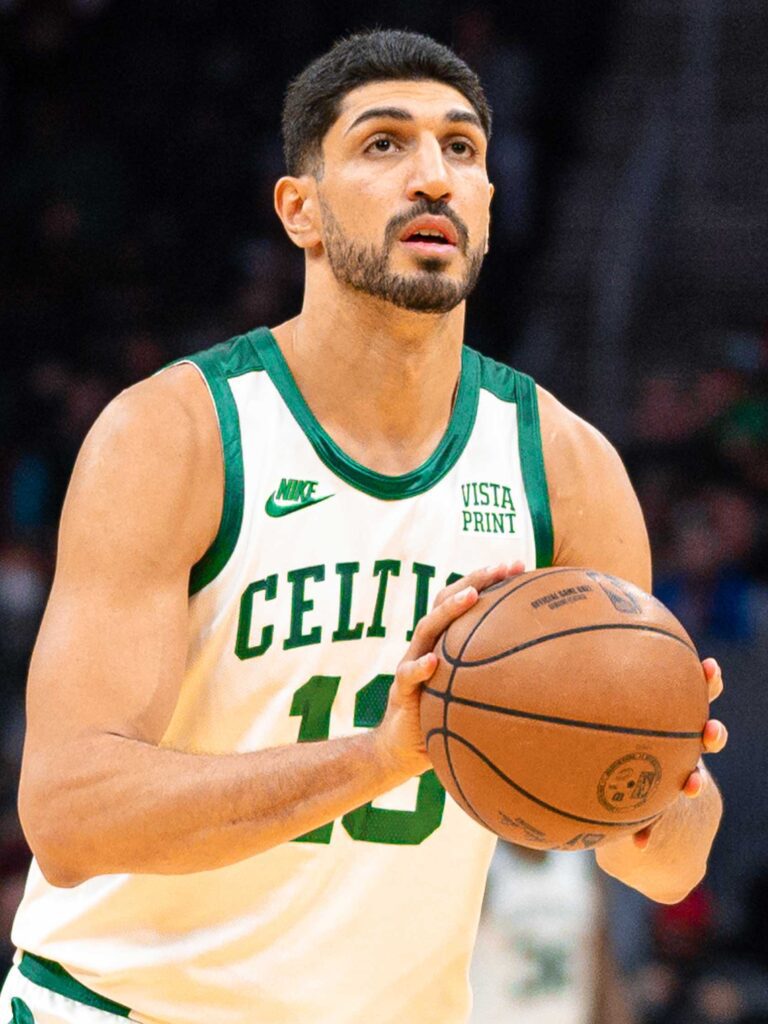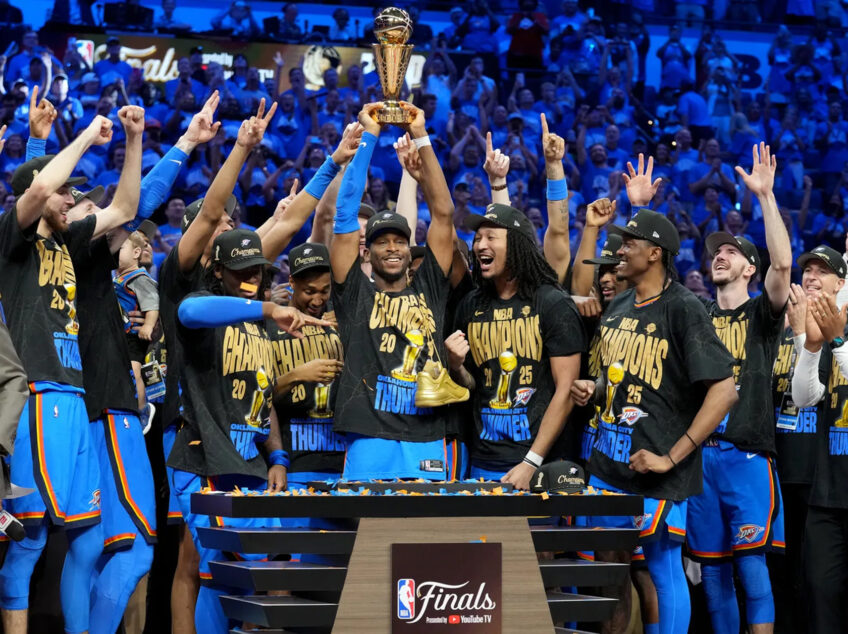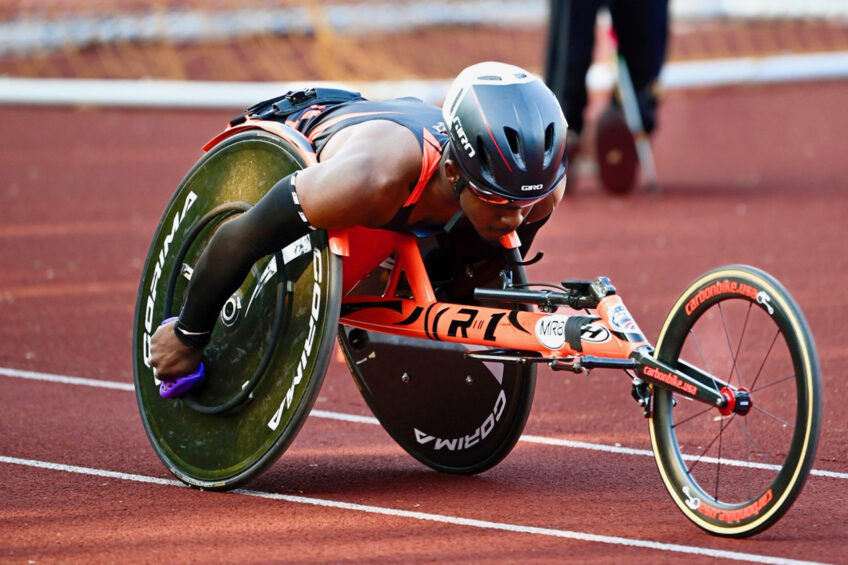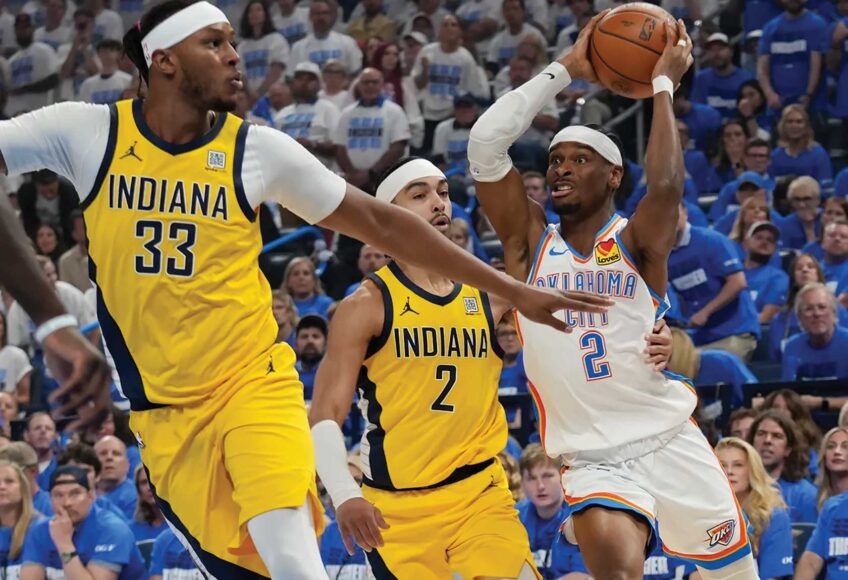
Growing up in Turkey, a young Enes Kanter could sense the authoritative hand being thrust down on his society.
An independent thinker, Kanter, who now goes by Enes Kanter Freedom, early on seemed imbued to challenge his peers when he differed with their mode of expression.
“I remember one day when I was 9, my friends were burning American and German flags and they gave me a flag to burn,’’ the former Boston Celtics center recalled in a telephone interview.
“I remember I threw the flag down and I ran up to my mom and said my friends were telling me to hate America, to hate Christians and to hate Jewish people. What do I do?’” he asked. “My mom said, ‘I’m not going to tell you what to do, but do not hate anyone before you meet them.’’’
That parental advice seemed to strengthen a precocious outlook he would carry throughout his life. Little did he know the trouble he’d later encounter as a young man who chose to follow his conscience and put at risk the privileged life seasoned NBA players enjoy.
The Turkish immigrant, who in the last year officially became an American citizen and added “Freedom” to his family name, played his final NBA minutes two years ago, when he was traded to the Houston Rockets by the Celtics and immediately waived from the league, at age 30.
His NBA banishment appears directly related to his human rights activities, first focused on his homeland and then also on China. Unmuted criticisms of Turkish President Recep Tayyip Erdogan has caused him considerable strife, as the Turkish government has labeled him a terrorist, threatened his life and prevented him from seeing his parents — his mom Gulsum and dad Mehmet — for a full decade.
Even with Turkey’s $500,000 bounty on him, this calumny is not believed to be the reason the 6-foot-11-inch rebounder and screen-setter never found his way back into the league.
During his various admonitions against Erdogan, Kanter Freedom, now 32, said he received loads of praise from the NBA community, including teammates, coaches and even Commissioner Adam Silver, for calling out what he perceived were governmental abuses and clampdowns on freedom of speech, religion, expression and protest.
Kanter Freedom also spoke out on behalf of the many political prisoners that included journalists and intellectuals from various fields, as the Erdogan government continued to roll back from the secular and democratic framework that had been in place in Turkey for close to a century.
As supercharged as life has become for the No. 3 pick in the 2011 draft, he seemed amenable to the fall-out, feeling that a sizeable percentage of the 82 million Turkish countrymen could benefit from his influential voice. But he would soon hit a dangerous third rail that the NBA would be none too excited to accommodate.
“When the topic was Turkey, and obviously the NBA doesn’t make a lot of money out of Turkey, they were very supportive,’’ he said. “That gave me so much hope and motivation to fight the dictatorship in Turkey. Once the topic changed and it was no longer about Turkey, but China, and because of the billions of dollars between the NBA and China, I was just alone out there.’’
And alone, partially, he has remained. Kanter’s courageous pronouncements on the religiously-Muslim Turkic ethnic group, the Uyghurs, believed to be held in slave-like concentration camps in China, and Tibet held under Chinese control since 1951, appeared to be the litmus test of NBA free speech. There has been no coming back from it.
Even teammates and friends in the league turned away when the topic of China came up, because the players recognized where their bread was buttered.
“So forget about Adam Silver,’’ he said. “Even my teammates were the ones who told me, ‘Hey man, I think what you are doing out there is so inspirational. Keep doing what you are doing. But we just cannot support you.’ Because they had shoe deals and they wanted to get another contract. So as soon as they speak against China or Nike or slave labor or sweat shops, Uyghurs or Tibetans or whatever, if it involves China, they will be in big trouble.’’
The NBA released a generic statement concerning Kanter Freedom’s charges against the league.
“We have always supported and will continue to support every member of the NBA family, including Enes Freedom, expressing their personal views on social and political issues,” NBA spokesman Mike Bass said.
As an aside to his NBA banishment, Kanter Freedom is at least hoping to accurately define the language that is being used against him. Turkey’s enormous stretch calling him a terrorist seems unlikely.
“It was not about politics,” he said. “It was about human rights. A lot of people would say, ‘Why are you involved in politics? Stay away from politics.’ I’m not doing politics. I was talking about people in slave labor camps, concentration camps, sweatshops. That kind of stuff is human rights. Doesn’t matter if you are a Democrat, a Republican, you vote for Biden, Trump or whatever. You have to care about human rights.’’
While Muslim himself, Kanter Freedom said his co-religionist Uyghurs originally were not on his radar because he was plenty busy already with his career.
“Everything started with a basketball camp,’’ he said. “I was doing a camp two summers ago and, after the camp, I was taking pictures with the kids, and one of the parents called me out and said how can you call yourself a human rights activist when your Muslim brothers and sisters are getting tortured and raped every day in China.
“I was on a most-wanted terrorist list, so I was focusing on only one dictatorship,’ he said. “Then I had a conversation with a woman from a concentration camp, and she was telling me about the torture and about the rape that she had witnessed and I thought, someone has to say something about this.’’
Kanter Freedom said that he really struck some nerves during the NBA playoffs in 2020 when the players en masse used the game exposure to promote their favorite political protest.
“So I started to do this in a very strategic way by putting messages on my shoes and just go out there and play basketball,’’ he said. “There were no rules against it. Three years ago, when we were in the NBA bubble, all the players were putting all kinds of messages on their shoes. ‘Black Lives Matter. Revolution. Breonna Taylor.’ You know what there’s no rule against it. If they can do it, I can do it, too. So that’s why I started doing it. It really pissed off China. They cancelled the Celtics game at halftime. They cancelled every Celtics game on television in China and, after that, it just got crazier and crazier.’’
So while Kanter Freedom has begun to accept that he won’t return to the league, it doesn’t mean he won’t be heard in other ways.
“I’ve had conversations with many people, many basketball experts’’ he said. “And they said this is the end for you, because we did a study and found that many NBA owners have about $10 billion tied up in China. Actually ESPN did that. So I don’t think it will be possible for me to return because no owners are going to be willing to risk that much money for one player. So I don’t think it’s going to happen.’’
Kanter Freedom, who lives on the East Coast, said he speaks almost daily with the FBI about his safety. But he is not planning on being a shut-in. Prominent people from the 26 countries who have not barred him from visiting have made overtures to him.
“It has opened so many doors. I am now a Nobel Peace Prize nominee,’’ he said. “So I guess that is one of the biggest achievements you can have. Now I’m getting calls from so many other governments, so many other parliaments and different world leaders to come and speak about human rights. But in the end, I miss basketball, because I’m not a politician and I’m not a journalist. I am an activist, but I’m a basketball player, and I miss basketball. But this is the life I have to live now, I guess.’’






